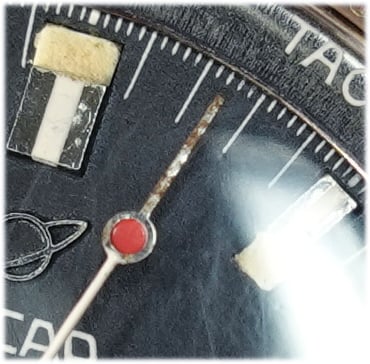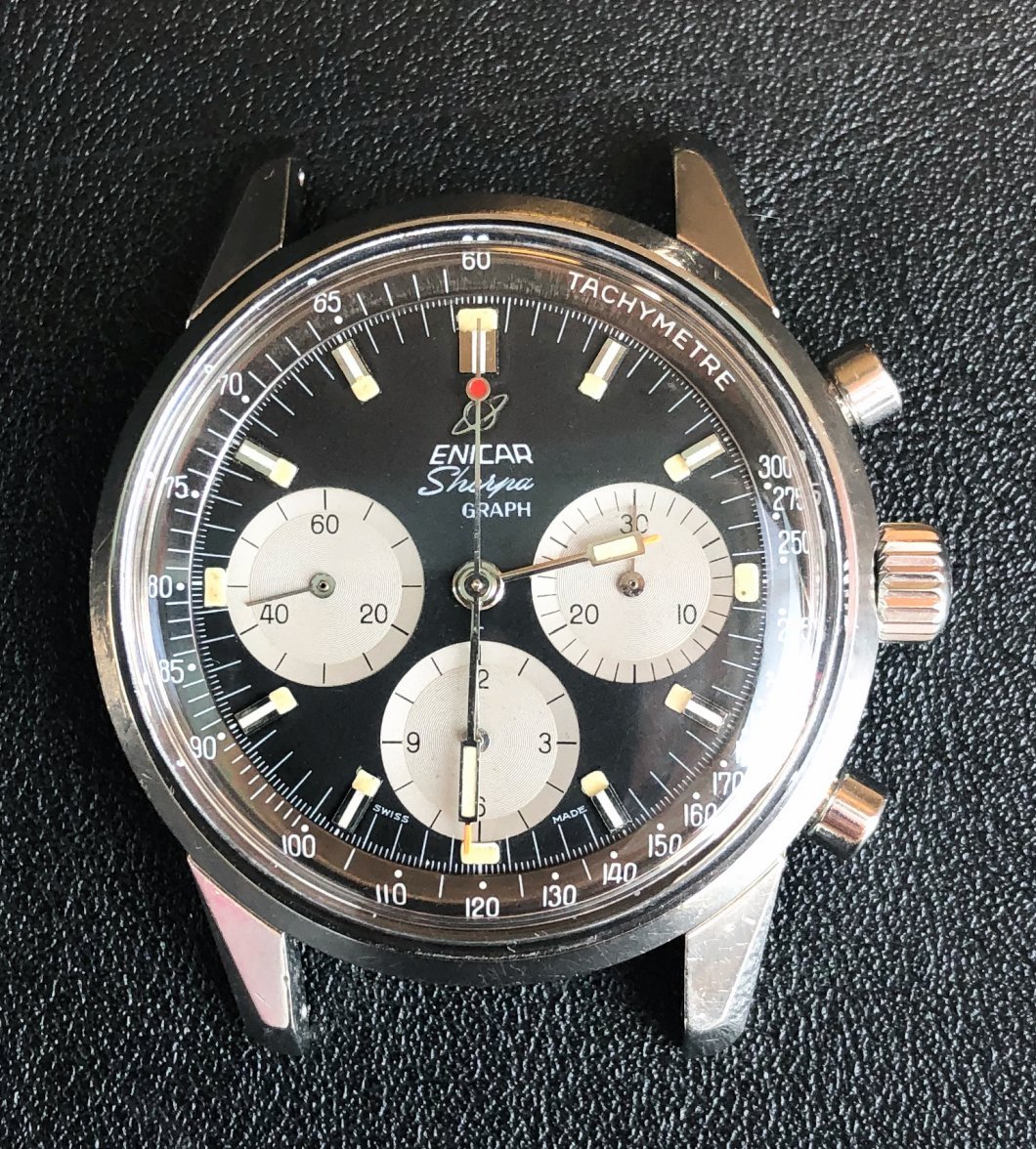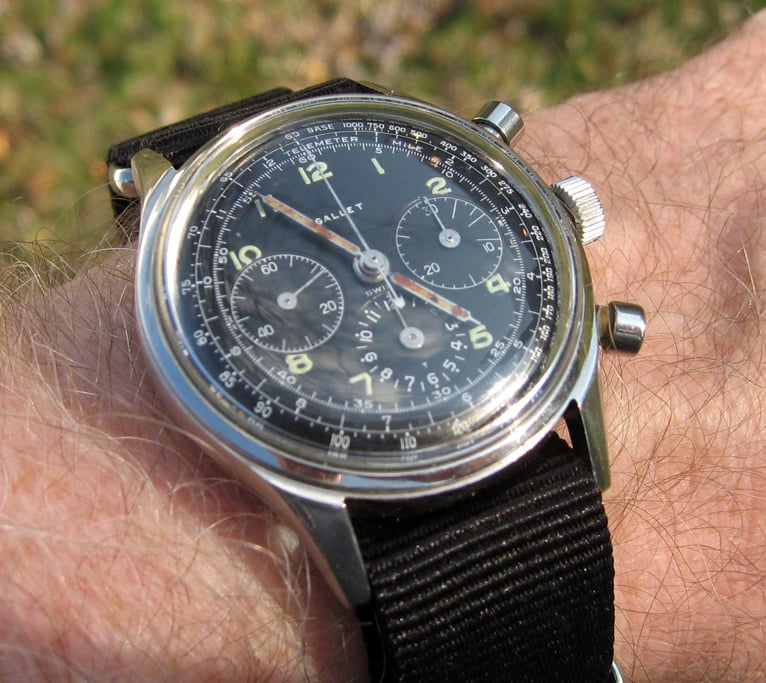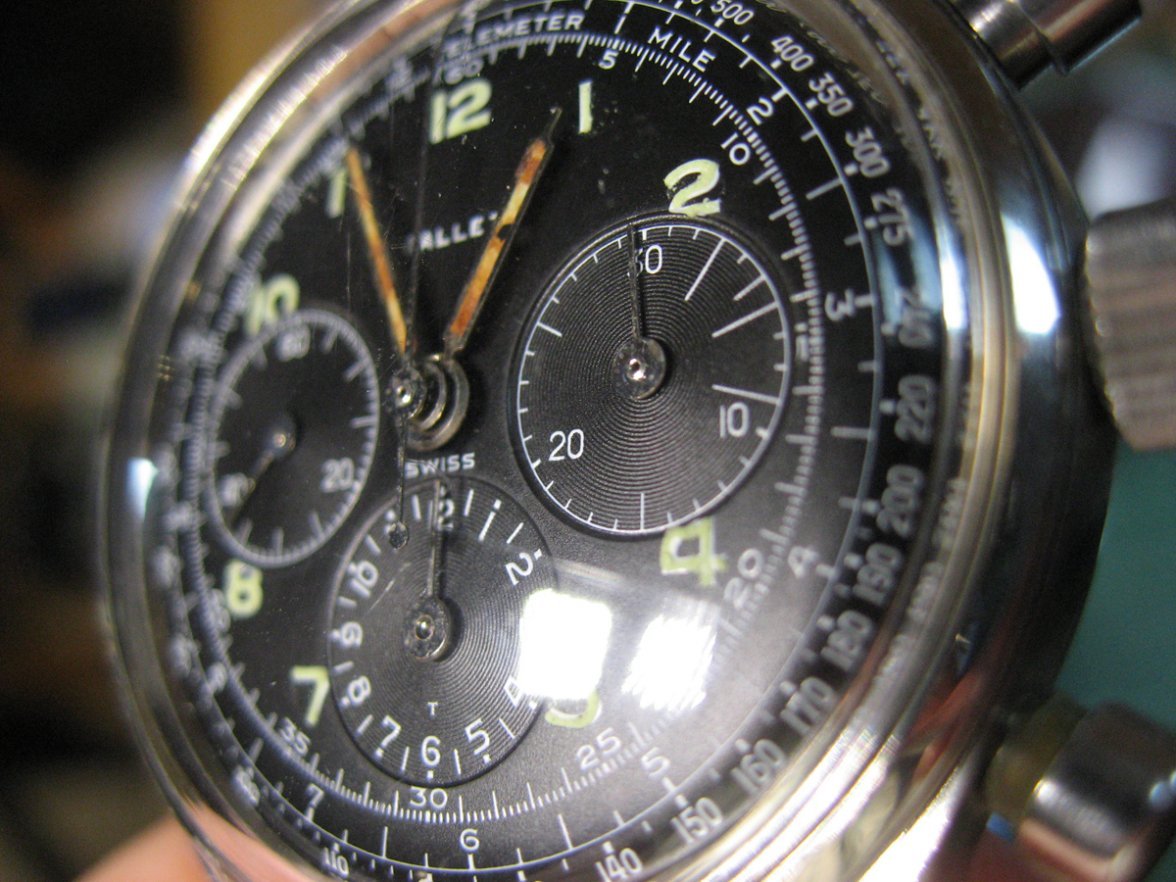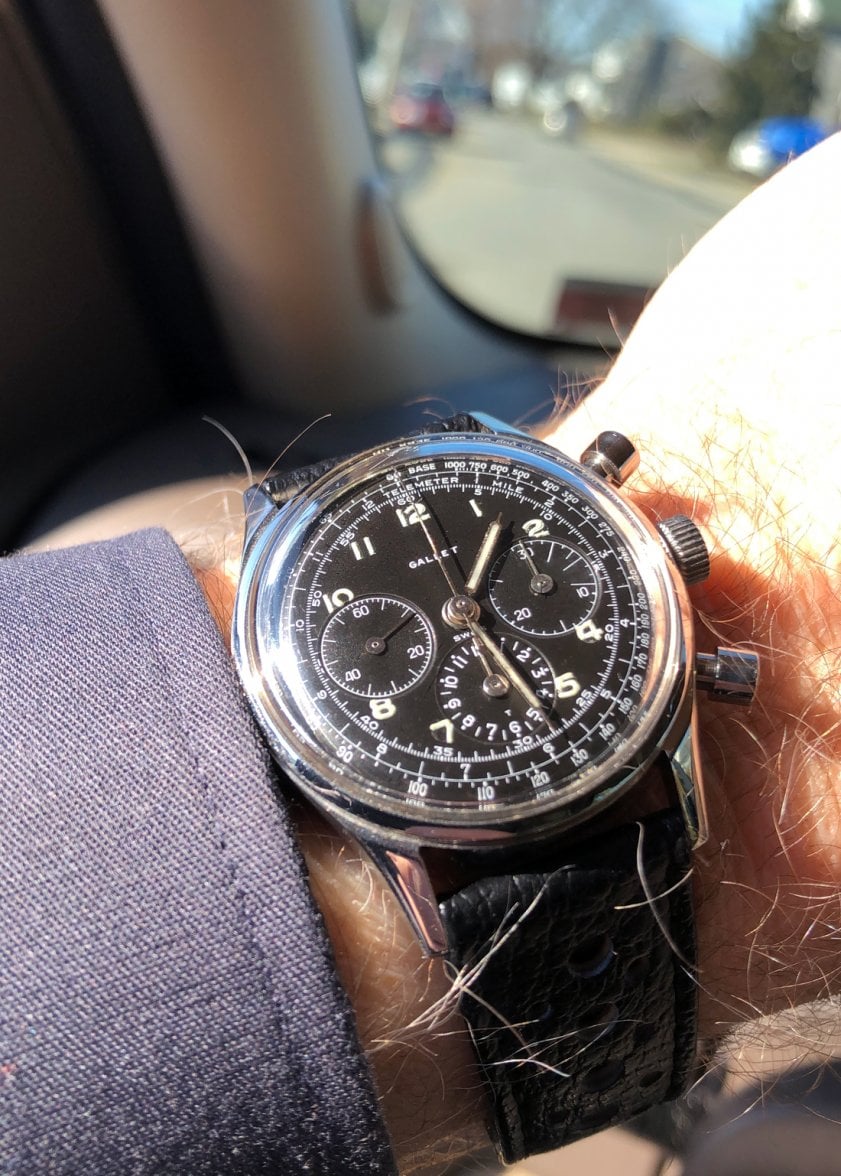I think things like the above are quite common in basically any hobby -I'd say is part of human condition: there always be a percentage of people that will fall by "conspiranoidism". There are people, of course, that will embrace it in full (i.e.: flat earthers, man didn't reach the Moon, etc.) but then, there's the "mild version" in which the "initiated" will support something in contradiction to the "uninitated common sense" because exactly that is what signal them as "initiated".
The pattern, as I say, requires a contradiction between what can be percieved at first glance and their "reality", i.e.: "it clearly says here 30m, right? Well, you should know it doesn't really mean 30m", or "You did think a wristwatch is first and foremost a time-measuring device, right? Well, you should know that for a mechanical wristwatch, that isn't even a mild expectation", or "You did think a digital recording device should be better than an analog one, right? You are wrong, vinyl LPs are warmer and higher quality than CDs", or "You did think an electronically filtered connector can't make any difference once over its rated impedance level, right? you should try this $300 gold one", or "You did think a 95 octane-tuned car engine can't take advantage of higher octane gas, right? 98 octane gas makes my car to accelerate faster and give you much better mileage"...
Of course there are always things to learn when you dive into a corpus of knowledge (there couldn't be specialists otherwise) but these tend to show a common pattern:
1. Against "common knowledge"
2. The more bizarre and convoluted (even to the point of being contradictory), the better
3. Usually focal, without taking account the global scope (i.e.: why your subject is not under the same physics laws than the rest of the Universe?)
4. Usually self-referenced and supported by anecdotical data: once confronted to real-world experience, they usually go with a "god of the cracks" or "no true scostman" schemes.
So, let's see the URL above:
1. Against common knowldege: You thought a water resistant watch would be... "water resistant", right? You are not only somehow wrong, but utterly wrong, my young Padawan!
2. So... what if I accidentaly shower with one? Oh, don't worry! here comes a five points! list including the use of a toothbrush so you can recover. Oh, did you pay attention that in order to avoid the risks of mild-by-design body soaps and shampoos I'm telling you to fully put into water for ten minutes your watch with much more aggressive dish soap?
3. So... how is it that the steel case sealed with synthetic o-rings of my wristwatch is so delicate when the steel tubes sealed with synthtic o-rings of my shower and my bathtub had stood really hot water and soap exposition for like... since ever?
4. Since I am a simpleton anyway, I've been doing what you say would lead to catastrophic results for decades, with whichever watch I happened to own at the time and I'm still waiting... not only that, up to the Internet days, my behaviour was the norm, and it's still the norm for those "not in the know" (i.e.: in the 80s everybody was in the beach with their "simply water-resistant, not diver's watches" without the expected catasthropic results!)

